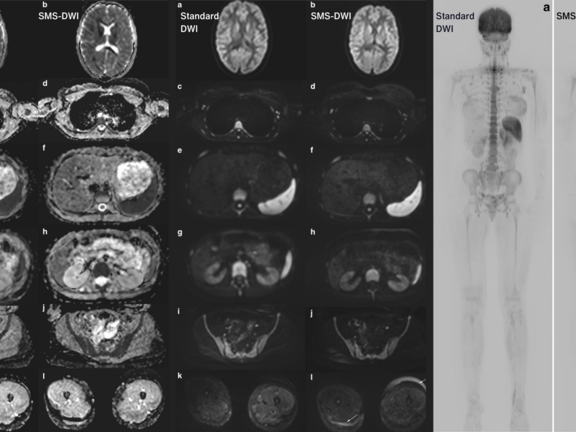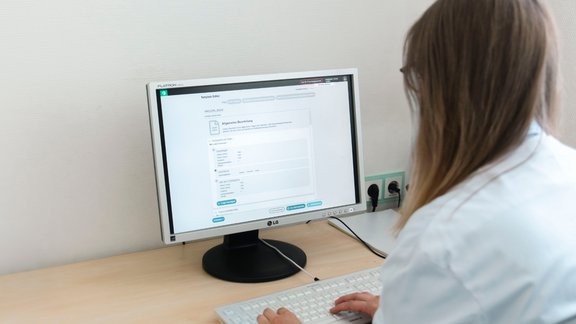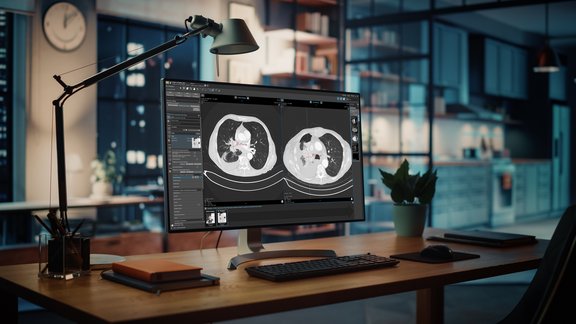As we mark Childhood Cancer Awareness Month, we would like to highlight the progress achieved in the realm of cancer diagnostics. A recent study led by Dr. med. Paul-Christian Krüger and his team from the Universitätsklinikum Jena sheds light on an innovative approach to whole-body MRI in children and adolescents using an advanced sequence that significantly reduces the time needed for the imaging procedure without compromising the quality of the images.
Such steadfast dedication to securing young patients' safety and comfort is truly heartwarming. This commitment motivates researchers to continuously perfect and elevate diagnostic methods while paving the way for progress in the early detection and treatment of childhood cancer.
Learn more about this study with mint Lesion™.

New Technique Speeds Up Whole-Body MRI for Children Without Sacrificing Image Quality, Study Finds
Related Resources
Related Resources

The Template Designer in Use: Interview with Dr. Madelaine Hettler
Structured, well-organized data are the foundation of meaningful research. But how can they be captured effectively in practice? Dr. Madelaine…

Research Insights from Dr. Madelaine Hettler: The Template Designer in Use
Structured and well-organized data are essential building blocks for successful research and clinical projects. The Template Designer provides a tool…

Lung Cancer Screening in Germany – A Turning Point for Early Detection
Few topics are currently as impactful in radiology as lung cancer screening. From 2026, Germany is expected to roll out a nationwide program, marking…